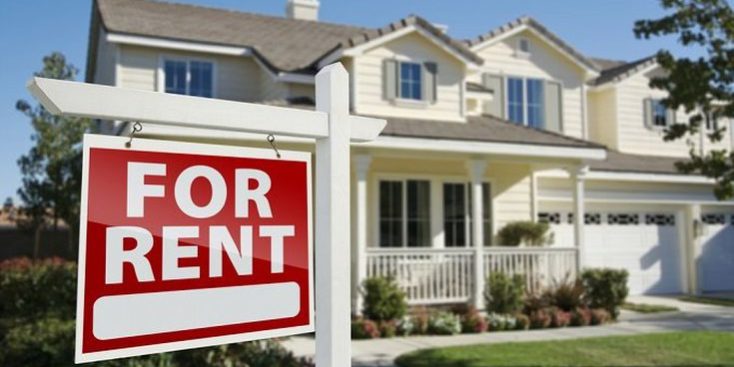If you’re thinking about investing in a rental property, one of the biggest elements is financing.
Lenders view rental properties as riskier investments than primary residences, so the requirements tend to be stricter, and the interest rates are usually higher.1 Here are five things you need to know about getting a loan for your rental investment property.
You’ll Probably Need to Put At Least 20% Down
While there’s no set rule, generally speaking, you will have to put down at least 20%, maybe 25%, of the purchase price when securing financing for a rental property.2 This is unlike mortgages for primary residences, where 10% or even 5% down may be enough.3
For low-income borrowers, the Freddie Mac Home Possible program allows down payments of as little as 3% if you live at the property, which can have as many as four apartment or condo units.
You Won’t Get the Same Rate
Again, since lenders want to be compensated for what they perceive as a greater risk, the interest rates are typically higher than for a mortgage on a primary residence.
As a landlord, you may pay an extra 1 percentage point or more over what you would on a traditional single-family loan.2 So, for instance, if the average interest rate for a primary home mortgage was 3.5%, you might pay 4.5% to borrow for your rental property.
In some cases, if the lender is a private lender or so-called hard money lender that issues short-term private loans for distressed properties meant to be fixed and resold, rates may be much higher, like 7.5%-14%.45
Interest rates for rental properties can be fixed or variable, and except in ‘fix and flip’ cases, usually for 15 to 30 years.
Your Credit Score Is Important
Your credit score and history will usually be an important factor in getting a rental property loan, and just like with primary residence mortgages, the better your score, the better the rate.
On the FICO credit score scale, the most widely used by lenders, your score is considered “good,” meaning you’re a relatively safe bet, if it’s between 670 and 739. Traditional banks are likely to have the strictest credit requirements.2 Some lenders, like the online private lender LendingOne, have a minimum score of 640 for a rental property loan.6 Others, like CoreVest, look at credit history and liquidity, though there’s no particular minimum.7
Your Finances Get Complicated
Buying a rental property can be tricky if you have to show you can afford to repay what you borrow on your investment while also having a mortgage on your own home. Two factors banks consider are debt-to-income ratio and cash reserves.
Debt-to-Income Ratio
This is the amount of your monthly income that goes to paying debt. Most traditional lenders will want to keep this ratio below 45%.2 Ideally, much below.
This ratio can be especially challenging when first purchasing a rental property because you do not have the additional rental income flowing in from the property yet. So you may have to be able to afford two mortgages using only your current income. 8Some lenders may be willing to add a percentage of the rental property’s projected rental income to your current income to qualify you for approval, so make sure to check.
Cash Reserves
Lenders will require that you have a certain amount of cash in the bank. It will vary by lender, but can be the equivalent of 6 months or more of mortgage payments. 28This includes the mortgage payments on your own home as well as the new rental property loan.
Not All Lenders Are Alike
Besides big banks and community banks, private and hard-money lenders offer rental property loans, perhaps with less rigid requirements. These lenders may compete with the traditional ones and/or offer shorter-term ‘fix and flip’ loans at higher rates. Some are more geared for the experienced real estate investor with bigger portfolios of properties. For a first-time buyer of a rental property, another financing option may be to get a home equity loan on your own home.
There’s a reason rental properties are considered riskier investments. Poor property management, vacancies, and unforeseen repairs can hurt your intake and ability to pay your loan. But ideally, the income produced outweighs your costs. That is, after all, why you’re considering a real estate investment. And once your rental property is stable, you may be able to refinance with better terms.




